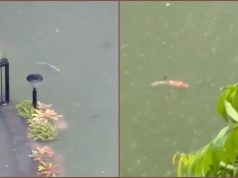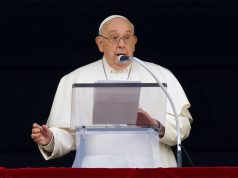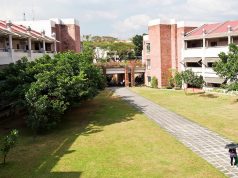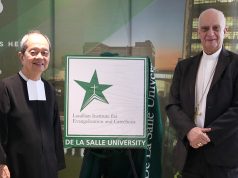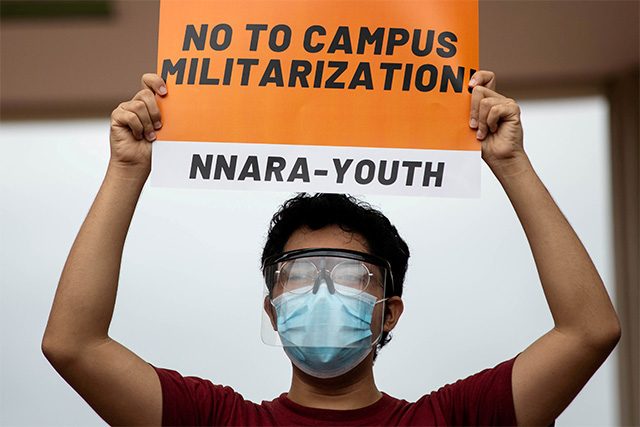
MANILA — Four Philippine private universities rejected accusations on Sunday by the authorities that they serve as recruitment grounds of Maoist rebels, days after students protested against security force patrols at some university campuses.
President Rodrigo Duterte’s government has stepped up efforts to end a Maoist-led rebellion, one of the world’s longest insurgencies that has killed more than 40,000 people.
Last week, Philippine students and activists protested against a government decision to allow security forces to patrol the campuses of the country’s biggest university, the University of the Philippines (UP), which authorities also accused of being a breeding ground for communist rebels.
A number of UP students, some killed in military operations or captured, had been identified as members of the communist party’s armed wing, the defense ministry said in a letter to UP’s president this month, without providing evidence.
Lieutenant General Antonio Parlade, head of an anti-rebel task force, has named the Far Eastern University, De La Salle University, University of Santo Tomas, and the Ateneo De Manila University as among 18 schools where the New People’s Army has been recruiting new members.
“We object to General Parlade’s statement and emphasize that our institutions neither promote nor condone recruitment activities of the New People’s Army and, indeed of any movement that aims to violently overthrow the government,” the presidents of the four universities said in a statement.
The United Nations had warned in a report that “red-tagging”, or labelling people and groups as communists or terrorists, and incitement to violence have been rife in the Southeast Asian nation.
Since coming into power in 2016, Duterte’s government has seen repeated breakdowns in peace talks with the communist rebels. —Reporting by Karen Lema Editing by Raissa Kasolowsky






